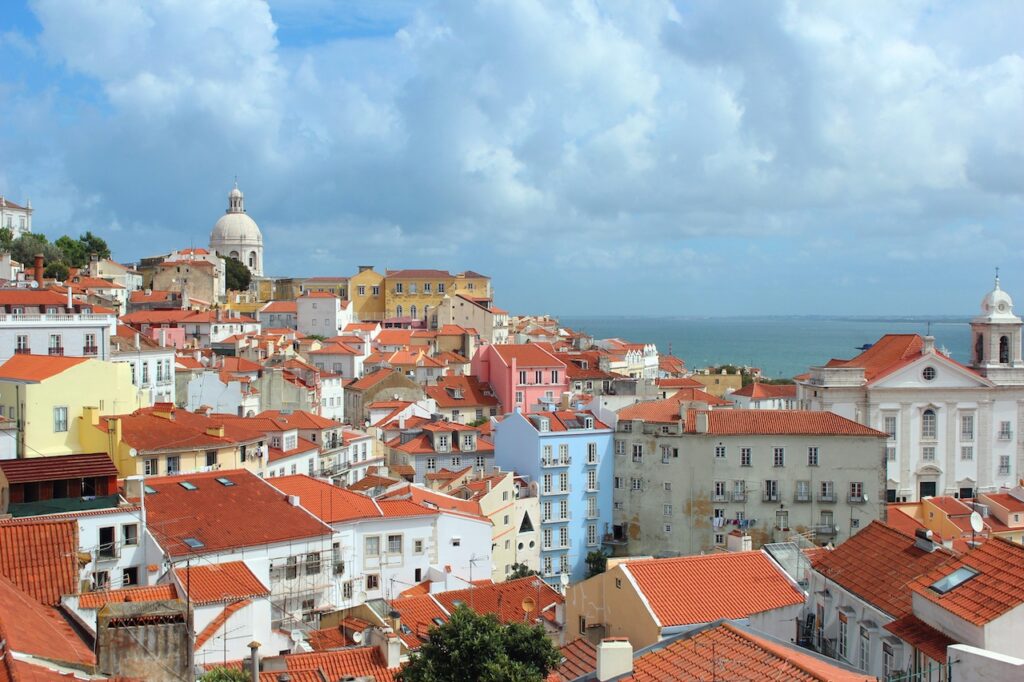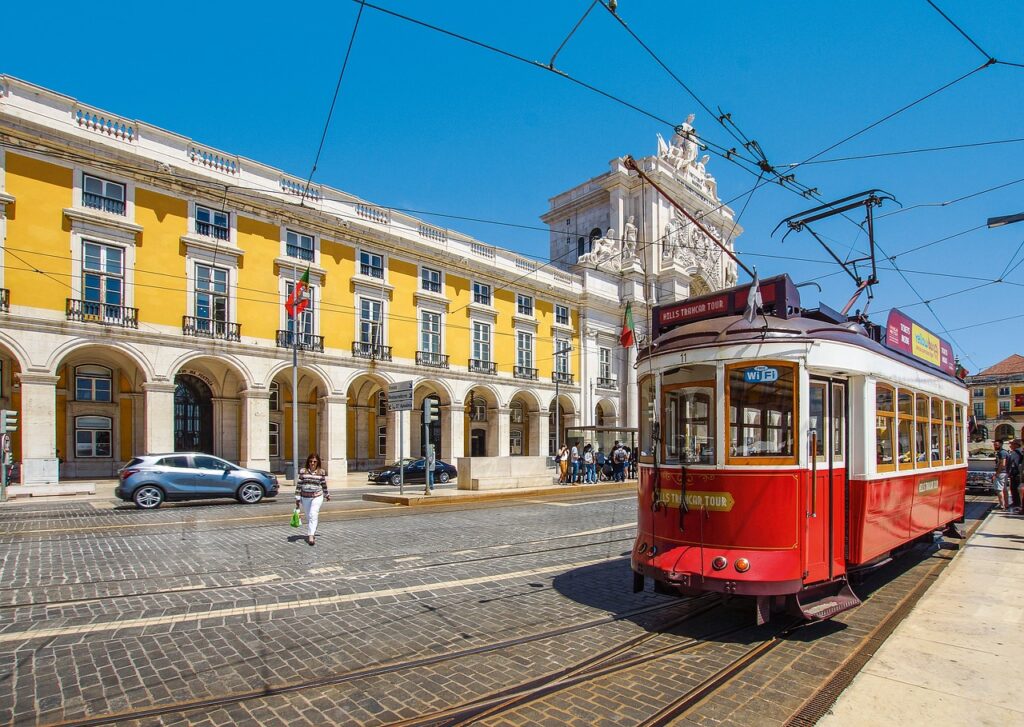

Portugal is incredibly stunning – no wonder it’s one of the world’s most visited tourist destinations! It has breathtaking coastlines, vibrant cities rich in history, and mouthwatering delicacies. Best of all – it is one of Europe’s sunniest destinations!
While on a trip to Portugal, you’ll find yourself strolling the bustling streets of Lisbon, indulging in mouthwatering cuisine, and relaxing on the beaches of the Algarve region. But don’t get too excited just yet – read our guide below to help you plan that perfect trip to Portugal.

Since you’ll be traveling abroad, you must bring your passport to Portugal. Whether you are visiting for tourism or something else, you should be able to present your passport at the border control. Also, check if your passport is valid for at least three months beyond your intended departure date from Portugal. If not, you need to get it renewed as soon as you can.
Depending on your nationality, you may also need to apply for a Schengen Visa to enter Portugal. Citizens of the United States, Canada, Australia, and a few other countries can enter visa-free and stay for up to 90 days. But for those who need a visa, refer to our guide to getting a Schengen Visa.


What is the best time to visit Portugal?
When to visit Portugal depends on what you are looking to get out of your trip. But generally speaking, the ideal time to visit is during spring – the middle of March to May, and fall – from September to October. You’ll enjoy pleasant weather without many tourist crowds. Summers are perfect for sunbathing and swimming at Portugal’s beautiful beaches, but expect tourist crowds, especially in major tourist centers like Lisbon and Algarve. Winter, although much cooler, will also be a good time to visit to avoid tourist crowds. Overall, spring and fall are the best seasons to visit Portugal to enjoy pleasant weather with fewer tourist crowds.
Is public transportation safe in Portugal?
Overall, public transport in Portugal is safe and efficient. Buses, trams, and trains are highly reliable. They are the best options for traveling within the bustling cities of Lisbon and Porto. While crime rates are low in Portugal, it pays to be aware of your surroundings, especially in crowded areas where pickpocketing could happen. For the most part, however, many tourists find public transportation in Portugal a safe and easy way to explore the country.
What languages are spoken in Portugal?
Officially, the language spoken in Portugal is Portuguese, which is also mainly used by the locals. You will also find that most staff in tourist places can speak decent English, especially in hotels and restaurants. Other languages such as Spanish and French may be spoken by some locals, particularly in regions bordering different countries and the people who are working in the tourism sector. Learning a few basic Portuguese phrases can help you navigate the country with ease, especially if you plan on visiting remote places.